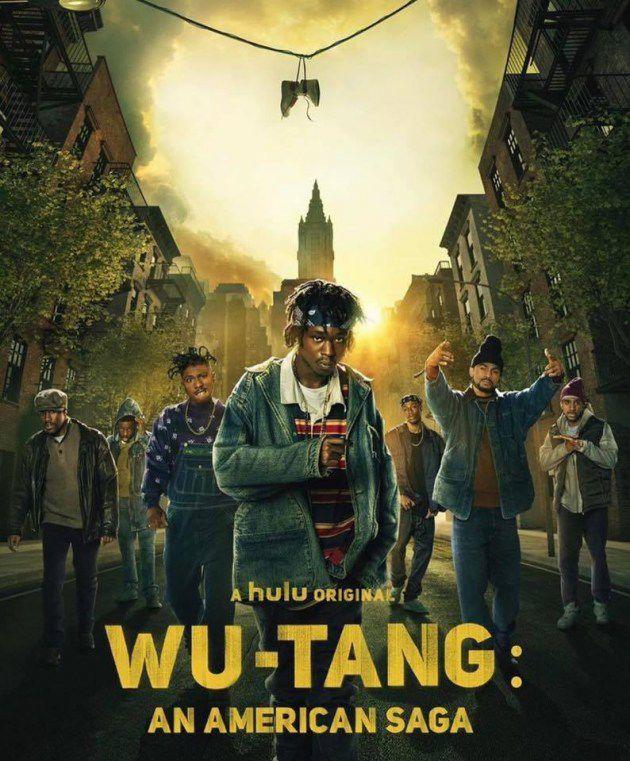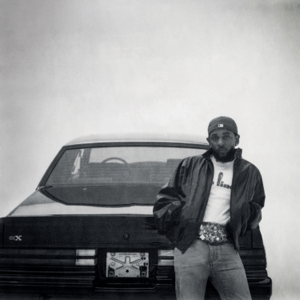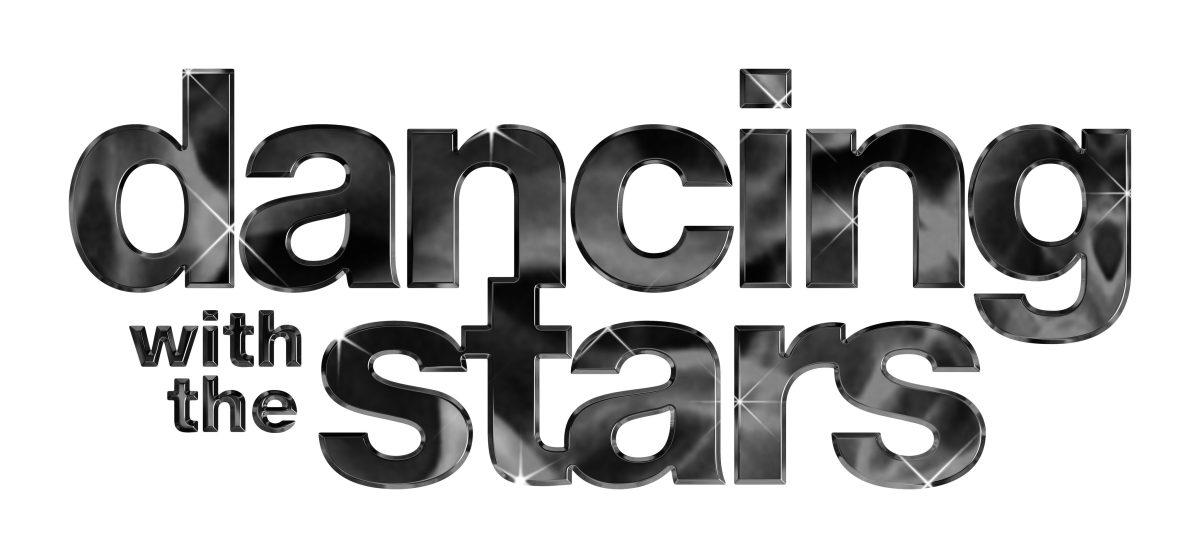Stars: 4/5
The Wu-Tang Clan’s story is too complex to become a movie, so it became a TV show.
The ten-person group, now hailed as one of the greatest hip-hop groups of all time, grew from an already tangled web of crime, drugs and music. “Wu-Tang: An American Saga” shows that story. It’s a mashup of musical genius, shifting power and class struggles, all incorporated into the culture of mid-‘90s’ Staten Island.
The story begins with a teenage Bobby Diggs (Ashton Sanders) dealing with the pressures of his surroundings. His dream is to make music, but his brother Divine (Julian Elijah Martinez) found a more reliable source of income for the family—drugs.
Divine begins running a crew out of Stapleton with the hopes of pulling his family out of the life they’re stuck in, but with each move, the rivalry with the Park Hill crew becomes stronger. Things get increasingly more violent and dangerous. Without the dramatic irony revealing that Bobby will eventually become RZA, this feud could easily be assumed deadly.
Each episode of the series adds more layers to the tangled web, but, despite its complexity, it’s engaging. Knowing the ultimate result adds a confidence and hope in the show that would otherwise be lost.
With that being said, it’s also pretty dense, especially in the first few episodes. There are a lot of characters to keep track of, but, to be fair, it’s a ten-person group, and this is a (mostly) true story. Embellishment on the truth works, but omitting people entirely would have probably have ended in some hurt feelings and a lawsuit or two.
“An American Saga” fits more into the category of historical fiction than anything else. It blends facts of Wu-Tang’s story and specific moments the artists remember with a wider narrative that shows more of what shaped the group rather than specifically how they formed.
This essence of the Wu-Tang Clan comes across so clearly from the start. There’s a powerful desire from each member to escape the world they’re stuck in— one racked by the crack cocaine epidemic of the ‘90s— but a deep loyalty to it as well.
This desire leads to Divine getting deeper and deeper into the drug game for the sole purpose of getting out of it. This cyclical struggle is one of the major driving factors behind crime, and it’s so concisely addressed in this series.
“An American Saga” does a great job of addressing these struggles while still allowing in positive moments, like Bobby trying out a new drum machine for the first time. Real life is multidimensional, not just a steeply sloped come-up or a depressing tale from the gutter.
Now let’s talk about the animation.
Throughout the episodes, there are occasionally flashes of animated scenes, some video-game themed and others just a typical cartoon style. There’s a point to all this–Wu-Tang is inspired by Eastern philosophy and entertainment, but it’s so sparsely placed throughout the show that it’s jarring.
The animation is beautiful but placed throughout the show in weird intervals. The same issue is apparent with the storyline itself. The plot is packed into the beginning and the last few episodes are sparse, but the material itself is wonderful.
“Wu-Tang: An American Saga” is a truthful look at the struggles that led the hip-hop group to become the legends they are; it just needs to be spaced out a little better.







